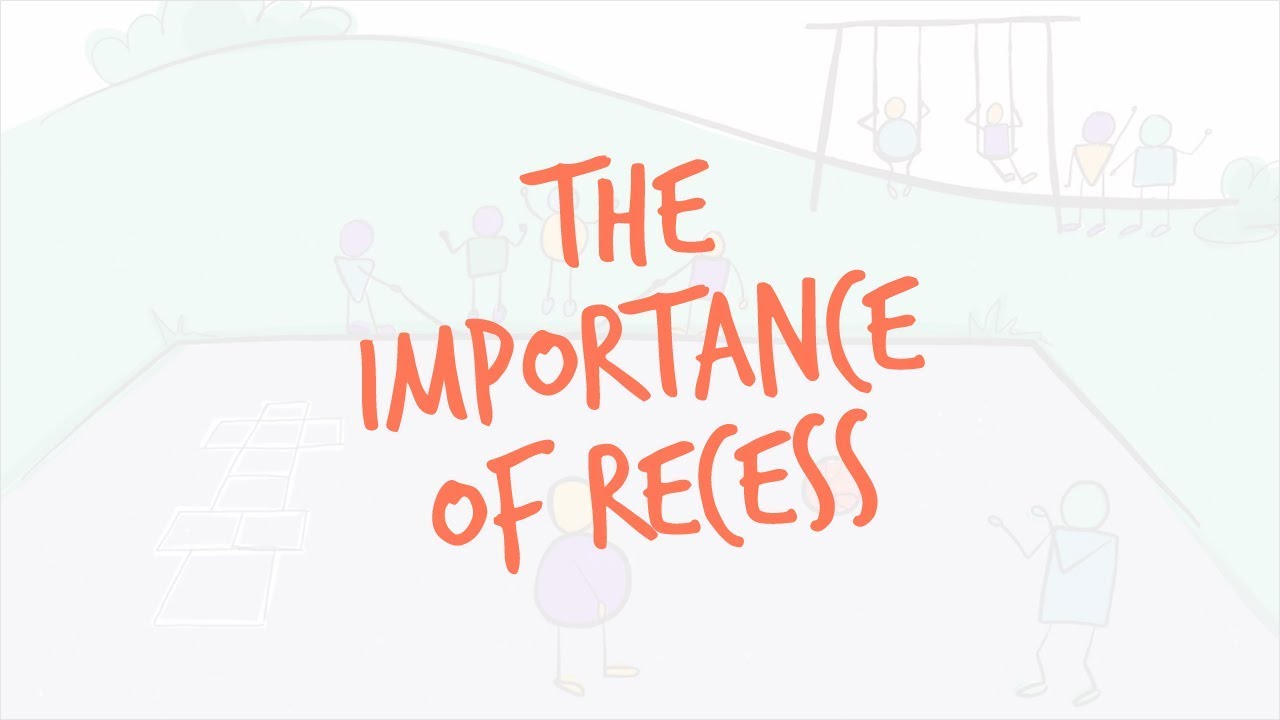The Benefits of Recess: Enhancing Learning and Well-being
At [Your Website], we recognize the crucial role recess plays in a child’s education and overall well-being. In this article, we will delve into the numerous benefits of recess and explore how it positively impacts learning, social development, and physical health. By understanding the importance of incorporating recess into educational settings, we can create an environment that fosters growth and maximizes potential.
Enhanced Cognitive Function
Recess acts as a powerful catalyst for cognitive development. When children engage in unstructured play during recess, they have the opportunity to explore, imagine, and problem-solve. This type of play stimulates their creativity and critical thinking skills, leading to enhanced cognitive function. Studies have shown that regular recess breaks improve attention span, memory retention, and academic performance.
Promoting Social Skills
One of the greatest benefits of recess is its ability to foster social skills in children. During this unstructured time, kids interact with their peers, negotiate rules, and collaborate on various activities. These social interactions contribute to the development of important skills such as communication, cooperation, and conflict resolution. By engaging in recess, children learn to navigate social dynamics, build relationships, and develop empathy, all of which are essential for healthy social development.
Physical Health and Well-being
Regular physical activity is vital for maintaining good health, and recess provides an excellent opportunity for children to engage in physical exercise. By participating in active play during recess, children improve their cardiovascular health, strengthen muscles and bones, and develop gross motor skills. Additionally, physical activity during recess has been linked to reduced stress levels, improved mood, and increased overall well-being.
Enhanced Focus and Academic Performance
Contrary to the misconception that recess takes away from academic time, research suggests that it enhances focus and academic performance. By providing a break from structured learning, recess allows children to recharge their minds and return to the classroom with renewed focus and attentiveness. Studies have shown that students who have regular recess breaks exhibit improved concentration, better classroom behavior, and higher academic achievement.
Creating a Playful Learning Environment
Integrating recess into the school day creates a playful learning environment that fosters creativity, curiosity, and a love for learning. When children have the opportunity to engage in unstructured play, they become active participants in their education. Recess provides a space for them to explore their interests, experiment, and apply the knowledge gained in the classroom. By embracing the importance of recess, educators can cultivate a well-rounded educational experience that nurtures both academic and personal growth.

In conclusion, recess plays a vital role in a child’s education and well-being. By recognizing the benefits of recess, we can create an environment that promotes cognitive development, social skills, physical health, and academic performance. Educators, parents, and policymakers need to prioritize recess and ensure that children have ample time for unstructured play. By doing so, we can empower children to reach their full potential and cultivate a generation of well-rounded individuals.
Frequently Asked Questions – Benefits of Recess
1. Why is recess important for children?
Recess is important for children as it provides them with a break from academic activities, allowing them to relax, recharge, and engage in unstructured play. It promotes physical, social, emotional, and cognitive development.
2. What are the physical benefits of recess?
Recess promotes physical activity, which helps children develop motor skills, strength, coordination, and overall fitness. It also reduces the risk of obesity and related health issues.
3. How does recess benefit social development?
During recess, children interact with their peers and learn to cooperate, negotiate, and resolve conflicts. It helps them develop social skills, build friendships, and improve their communication abilities.
4. Does recess have any emotional benefits?
Yes, recess provides emotional benefits by giving children a chance to relax and have fun. It helps reduce stress and anxiety, and improves their overall mood, leading to better emotional well-being.
5. Can recess enhance cognitive abilities?
Research suggests that recess can enhance cognitive abilities by improving attention, concentration, and memory. It allows children to mentally recharge, leading to increased focus and better academic performance.
6. How does recess contribute to creativity?
During recess, children engage in imaginative play, which stimulates their creativity and problem-solving skills. It encourages them to think outside the box and explore their interests and passions.
7. Does recess have any academic benefits?
Yes, recess has academic benefits. It has been found that children who have regular recess breaks perform better academically. It improves their ability to concentrate, retain information, and enhance their overall learning experience.
8. Are there any benefits of recess for children with special needs?
Absolutely! Recess provides inclusive opportunities for children with special needs to engage in physical activities, socialize, and develop essential skills. It promotes inclusion, acceptance, and a sense of belonging.
9. How long should recess periods be?
The recommended duration of recess periods varies, but generally, it is recommended to have at least 20-30 minutes of recess time per day. However, longer recess periods can provide more substantial benefits.
10. What can parents and educators do to support recess?
Parents and educators can support recess by advocating for its importance, ensuring schools provide adequate recess time, and encouraging children to engage in active play during recess. They can also promote inclusive and safe play environments.




